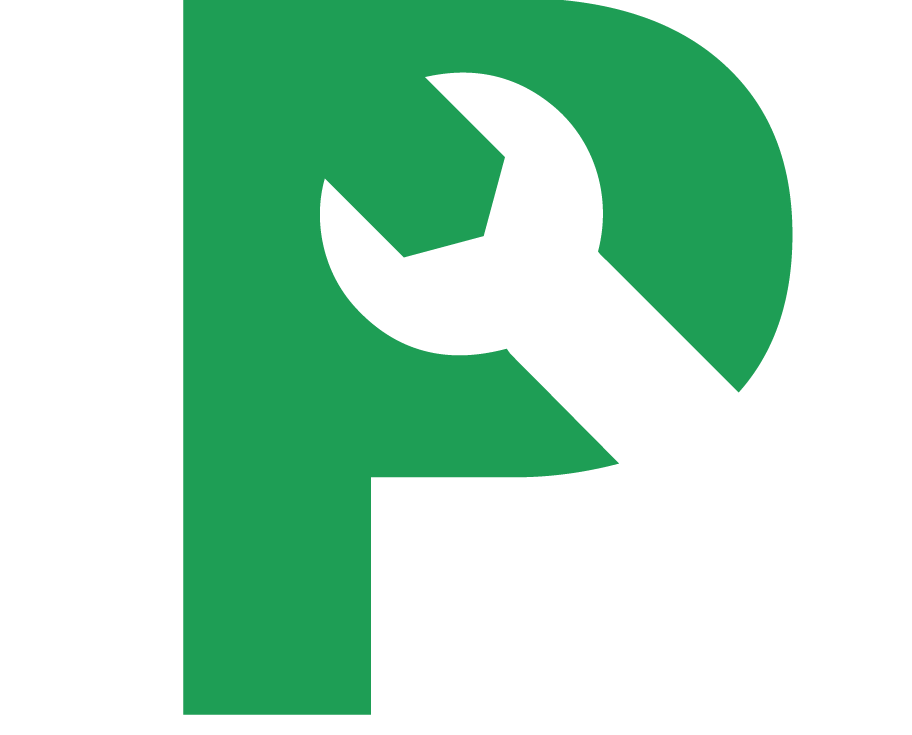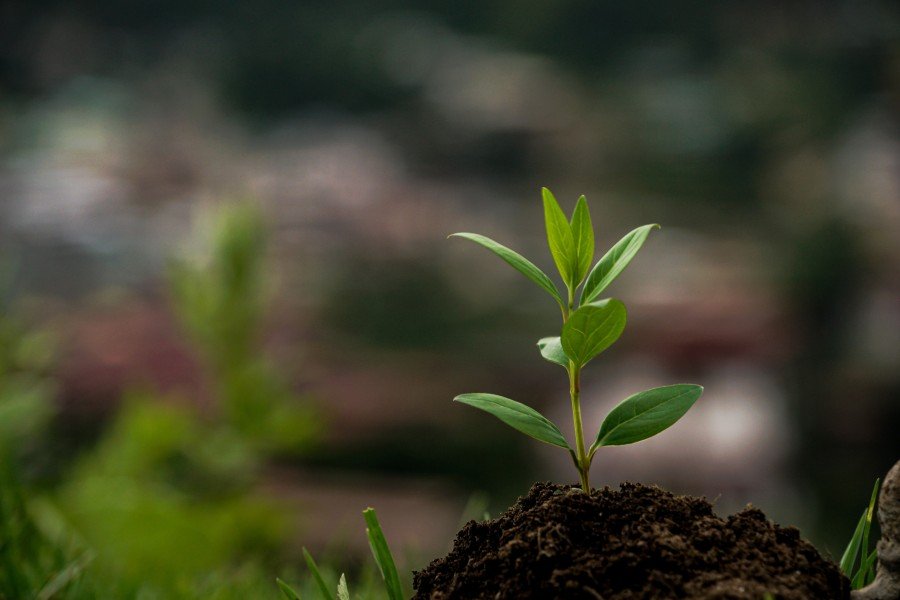The biggest wins all start small
Photo by Pema Gyamtsho on Unsplash
Everyone doesn't care, but some people do.
And if you build it, they probably won’t come.
I subscribe to Seth Godin's idea that marketing is about change. This involves changing people's actions, perceptions, or the conversation. That change has to be specific to be valuable. Instead of wasting our resources shouting into the void hoping to snare anyone, we get to choose the right (smaller than you think) audience for whom we can provide the most value and hopefully, delight.
So the only real question is: “Who do we want to change?" (And a bonus question: “Who are we willing to leave out?”)
Getting super specific here will not only save your precious resources but will also help you create some magic for those who matter the most to your business. And that magic matters. Call it increased “willingness to pay”, or call it “product-market fit”, the idea is the same: Popularity has nothing to do with greatness in the eyes of your customer. And customers who feel this magic are much more likely to spread the word.
Your smallest viable audience matters.
Here is a different way of thinking about it: Do you serve fewer people, better, or more people, worse?
It’s almost impossible to give people an amazing experience, at scale. But in the small, it’s entirely possible. In fact, it’s preferable. An amazing experience will attract not just more customers, but the right kind of customers.
Is this hard? Yes, it can be. It might not even work, but the good news is that in the attempt you will learn a ton about your original idea, or even realise that it doesn’t hold water in the way you thought it did. If that happens, you still have dry powder to go again with your new understandings fresh in your mind. If you get it wrong, it’s not fatal. You’re free to just pick another audience. Framing your search in terms of finding the smallest viable audience gives you the flexibility and freedom to change direction.
Is it scary? Kind of. I fully recognise that getting super-specific can feel scary. Aren’t we supposed to be building a successful business, replete with happy customers, happy co-workers, and (relatively) smooth sailing? And doesn’t successful mean “large”? Most successful businesses are successful within a niche. They understand the landscape of that niche intimately, and they have figured out the worldview of their audience enough to be able to add value to them specifically. Being niche is the same as splitting a block of wood with a sharp axe, or a hot knife through butter. It’s the finest of edges that make the most impact, that converts the potential energy into reality.
By focusing on your smallest viable audience, you are compelled to prioritize the individual in front of you because the stakes are high. You are not attempting to cater to a vast number of people, so you cannot simply dismiss them. Therefore, you become fixated on understanding their dreams, needs, aspirations and necessities since they are such a small number of people.
Also, you are (probably) a salesforce of one and you (probably) don’t have time and money to reach everyone. Being specific with who you are reaching gives you the ability to reach your everyone.
If you strike gold and find your smallest viable audience, that’s when miracles can happen. As mentioned above, they can, under the right circumstances, become a powerful engine for spreading the word further afield.
With startups, getting customers “the old-fashioned way” probably feels like a weak methodology. It's a world where pitch decks and business plans are littered with terms like “growth”, “scale”, “ARR”, “CAC”, “LTV”. But even the grandaddy of startup accelerators, Paul Graham, advised his founders to "Do things that don't scale". "The most common unscalable thing founders have to do at the start is to recruit users manually. Nearly all startups have to. You can't wait for users to come to you. You have to go out and get them." He went on to point out elsewhere that sometimes, those first users are already in the room: "How can I talk and how can I find my first users? Honestly, some of the best companies are products or services that are built for the founders themselves.”
That first customer, that first Euro in the bank, is the most important one. It’s Zero to One. Now something is at stake. Now the business is actually worth something. And the weird thing is that that first customer is probably the least profitable customer you will ever have. The time and effort into selling that first customer your idea, earning their trust, might never been seen again in the same way. But, in adding just that one customer, the likelihood of getting the next customer goes up ever so slightly. Things are learned, trust is earned. (Once some kind of traction is reached, sales and marketing become a different game than those first sales.)
This idea is not new. All the way back in 2009, Seth Godin had already figured this out, but I think this idea only gets more important the more we are exposed to stories of immense companies getting ever more successful, and deluged by advice on how to “scale fast”, surrounded by platforms that promise instant and easy access to people’s valuable attention.
Richard Koch in The 80/20 Principle said “Finally, something big always comes from something which is small to start with. Small causes, small products, small firms, small markets, small systems: all of these are often the start of something big. Yet they are rarely recognized as such. Our attention is usually on the mass of what already exists, not on the trend evident in small phenomena.”
Even Mother Teresa said, “If I look at the mass, I will never act. If I look at the one, I will.” (that's a lofty one, I know.)
The original title for this blog post was "Under-think it and don't inflate the difficulty". You probably don't need ad spend, a social media platform, or a bells-and-whistles product to get your first users. A simple conversation, with an 80/20 ratio of listening to talking, will get you farther than you think.
It’s in the narrows that we become experts at truly understanding our customers, our products, the value we actually create. It’s in the earliest stage of a river that it cuts into the landscape the deepest.
Your first customer(s) are the most important customers. In fact, what would take for you to act like they are worth €1 million?
As the host of The First 10 Podcast, it feels ridiculous for me to say this, but forget 10 for a moment and ask: how do I get my first 1?

